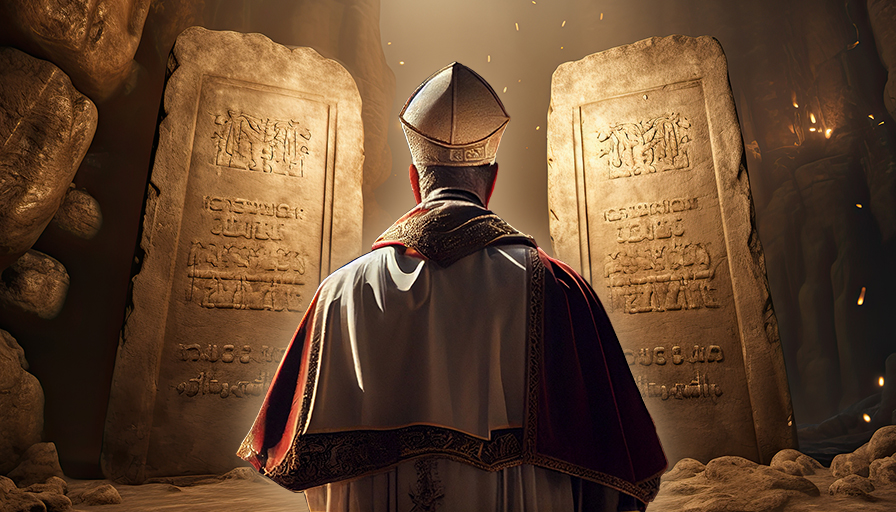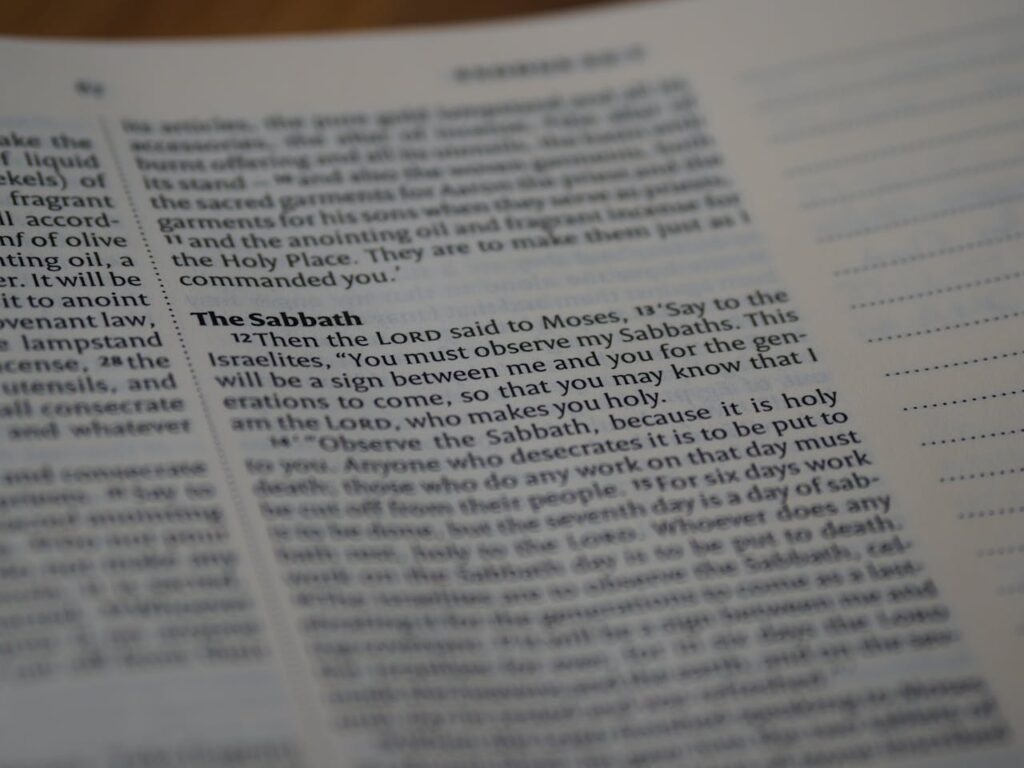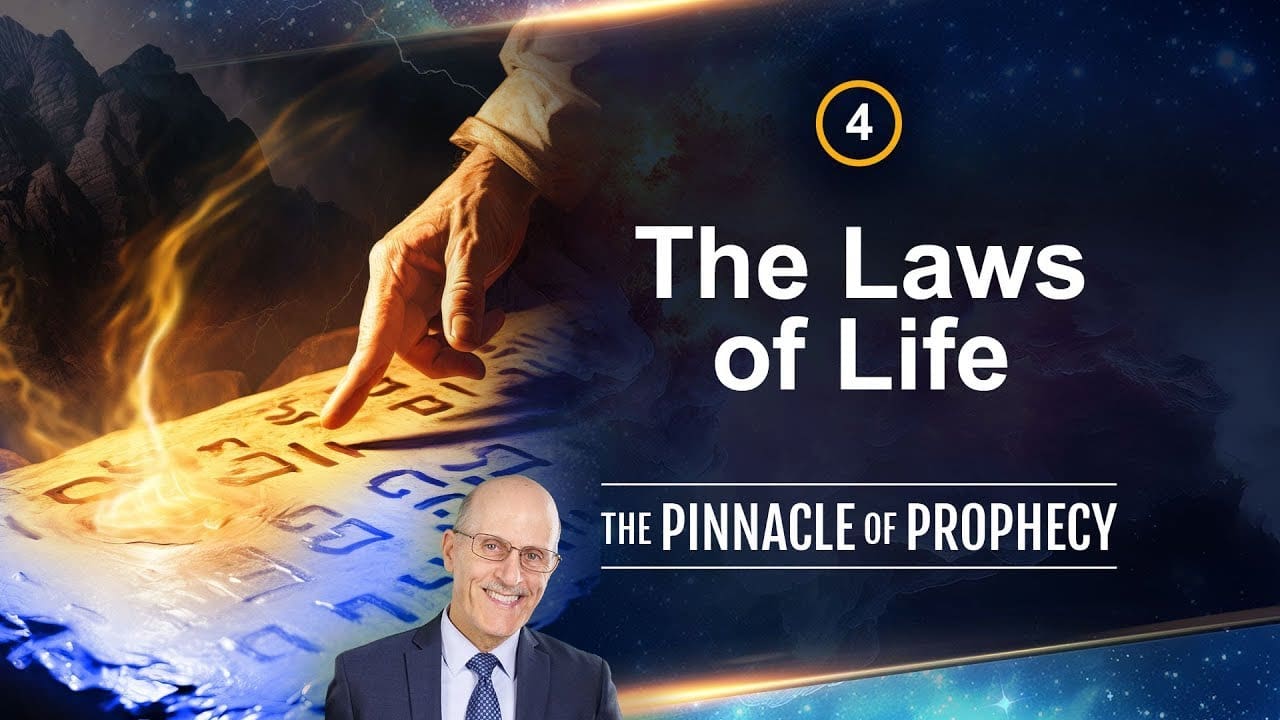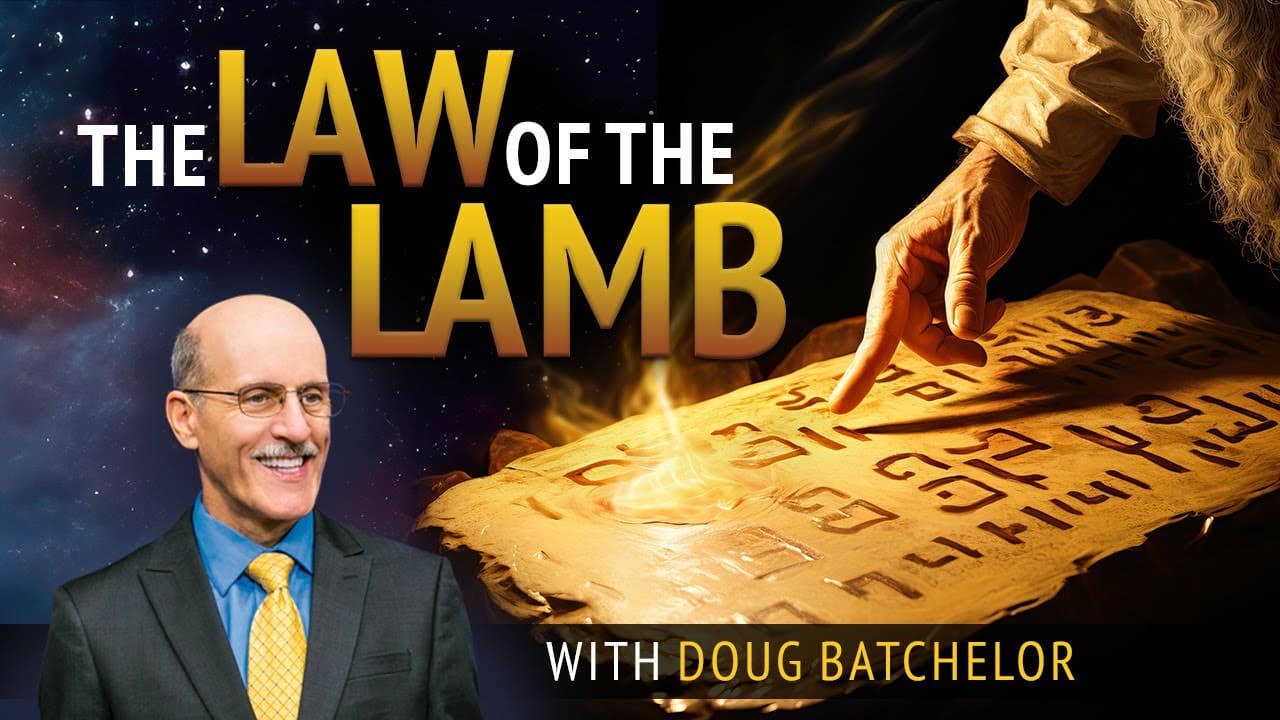The division of time into seven-day weekly cycles, as seen in our modern calendar, has no scientific explanation from astronomy or planetary movements. While the days and months can be measured based on predictable celestial patterns, the seven-day week seems to lack a logical origin.
However, from a religious perspective, the idea of a seven-day week can be traced back to the biblical account of creation. According to the Bible, God created the world in six days and rested on the seventh day, establishing it as a day of rest and worship. This divine commandment to observe a weekly Sabbath has been passed down through generations and is found in various ancient calendars.
Interestingly, despite the absence of a scientific explanation, the seven-day weekly cycle has endured throughout history. Astronomers confirm that the seventh day today aligns with the same seventh day observed by Jesus over 1900 years ago. It raises the question of why most Christians now observe Sunday, the first day of the week, instead of the seventh-day Sabbath.
The change from the seventh-day Sabbath to Sunday worship is not recorded in the Bible. The commandment to remember the Sabbath day and keep it holy remains unchanged. Some historical accounts suggest that the shift occurred when early Christians, influenced by pagan sun worship, began adopting Sunday as a day of worship. This transition gained momentum with the support of political figures like Constantine, who saw the opportunity to unify different religious groups.
It is important to note that the change from the Sabbath to Sunday as a day of worship was a human-made decision, not a divine commandment. While most Christians now observe Sunday, there are still those who adhere to the biblical seventh-day Sabbath. The debate surrounding the observance of the Sabbath continues, and individuals have different interpretations and practices based on their religious beliefs.














